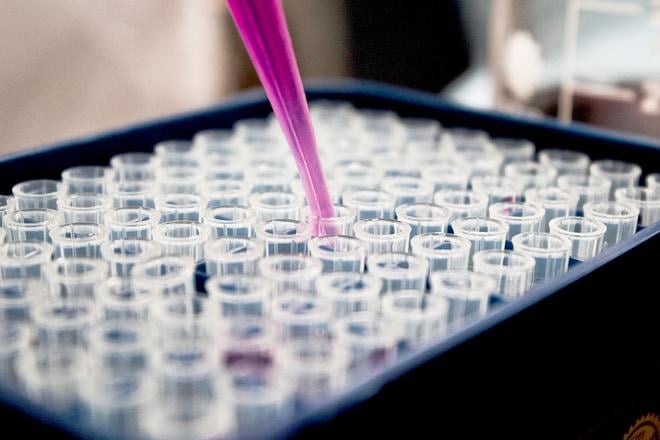Tackling humanity's problems is at the centre of Slovak scientists' research. Here is a selection of several achievements they have made recently in this regard.
To stay up to date with what scientists in Slovakia or Slovak scientists around the world are doing, subscribe to the Slovak Science newsletter, which will be sent to readers free of charge four times a year.
Cancer detection
Slovak researchers from the company Glycanostics have come up with a new method to detect prostate and other types of cancer. Their diagnostic method is unique in the way it determines the structure of glycans, or complex sugars.
In Europe, prostate cancer is the most common oncological disease in men, accounting for up to 20 percent of all male cancer diagnoses. Slovak men are no exception. A patient can live for years without knowing they have the disease.
The current standard is the PSA test. However, it is unreliable, with a low accuracy of around 68 percent, meaning the analysis may leave a urologist unable to decide whether the increased values of PSA are due to inflammation, a benign disease, or cancer. This is usually followed by a biopsy, and generally 73 percent of procedures return a negative result, or in other words were unnecessary. In comparison, the new method allows for the very precise detection of even early-stage cancer, quickly and reducing the number of false positive results.
Last year, Glycanostics received €2.5 million in funding to develop screening technology for other types of cancer such as breast, pancreatic and lung. This year, they got a grant of €3 million from the Recovery and Resilience plan to develop diagnostic tests for the detection of gastric and colorectal cancer. They are currently working on how to turn their laboratory prototype into a product that could be mass produced.


